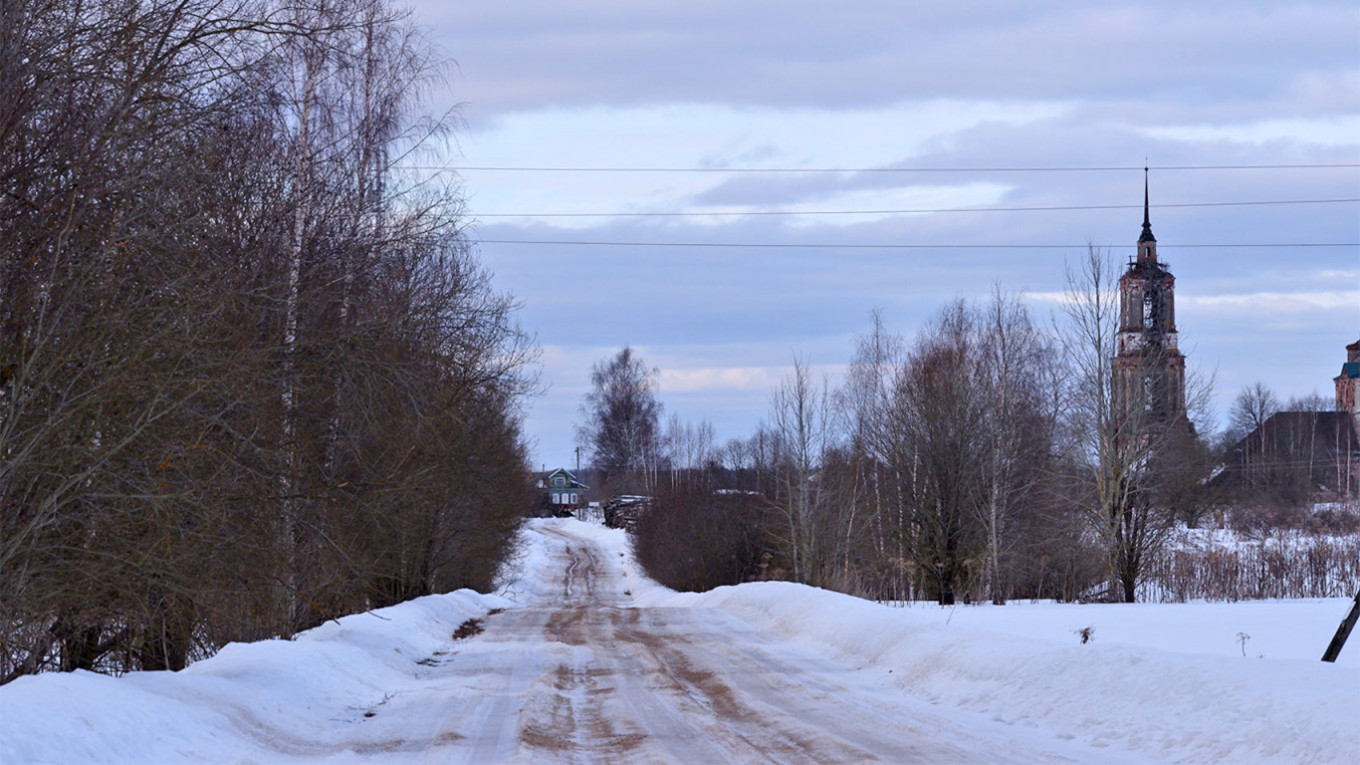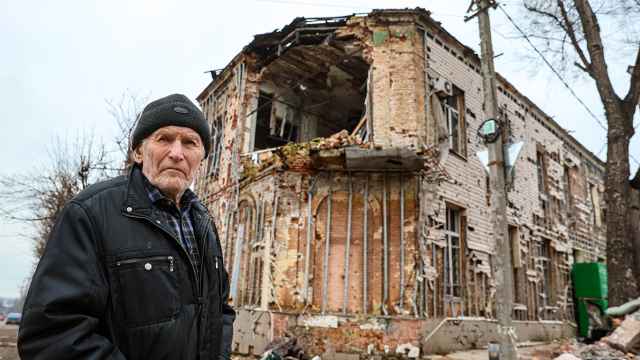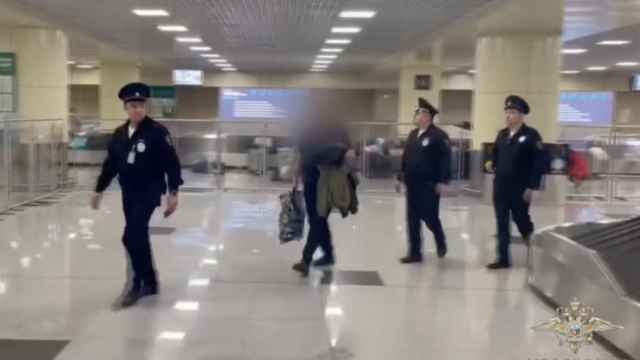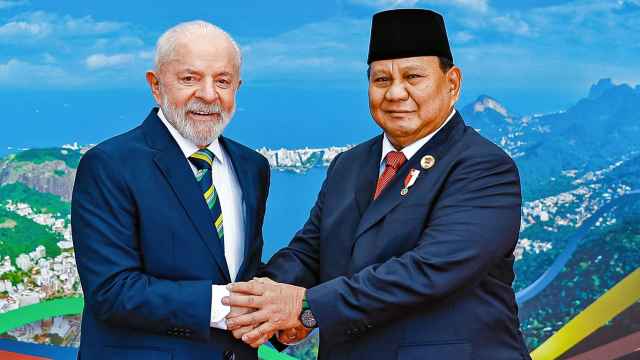The final remnants of local self-government in Russia will soon vanish. The Kremlin is planning to do away with thousands of rural and urban municipalities – territorial units with the power to manage local affairs—while expanding the remit of regional governors, who are appointed by Moscow. In short, the changes are designed to destroy the tier of Russian government considered closest to “the people.” In the short term, this will strengthen the country’s centralized system. But in the long term, it could introduce an element of instability into President Vladimir Putin’s corporate state.
The Russian parliament is due to pass a new version of the law on local self-government by the end of 2024. The system has long sought to break the power of municipalities, but that is made complicated by the Russian constitution, which not only guarantees the principle of local self-government, but also mandates the independence of municipalities from regional and federal authorities.
The approach the Kremlin has settled on will involve the liquidation of the system of two-tier municipalities (the lower tier is made up of urban and rural municipal settlements; the higher tier – of municipal districts, as well as urban and municipal “okrugs,” or boroughs). Unsurprisingly, it will be the lower tier – closer to “the people” – that will be dismantled. Urban and rural municipal settlements, and the corresponding elected councils, therefore, will be restructured.
These reforms were first announced by Putin in 2020. At the time, he said the aim was to improve local budgeting and increase “efficiency,” claiming there was no threat to the independence of local government. However, as is often the case with Putin, his rhetoric belied his intentions.
One of the consequences of the upcoming changes will be less interaction between local officials and ordinary people. There will also be an impact on access to financial flows. Municipalities have always had their own budgets for things like street lighting, courtyard repairs, and children’s playgrounds. Municipal officials were also able to lobby for spending on road repairs, or on schools and hospitals. The restructured system will be far less responsive to the problems of individual towns and villages.
According to the author of the new law, the influential State Duma deputy Pavel Krasheninnikov, about 20 percent of Russia’s regions have already switched to a one-tier system (because governors compelled urban and rural municipal settlements to dissolve themselves). The number of municipalities in Russia has fallen from 24,100 in 2008 to about 17,700 today.
Those behind the new law have promised that urban and rural municipal settlements will be replaced by “territorial authorities.” But it’s obvious that there will be fewer of them, and that they will likely amount to just a couple of pen-pushing bureaucrats. They will not be a separate layer of government—just officials implementing the will of their district-level bosses.
This is exactly what happened in the Moscow region, where these reforms were pushed through in the mid-2010s: former municipal settlements were classed as “micro-districts,” and staffed by just a few officials who processed documents. The new system made the lives of Moscow region residents harder, but it helped control local elites and made it easier to stamp out any flare-ups of opposition sentiment. The Kremlin took note.
The reforms also mean that regional governors will get more power to choose the heads of remaining municipalities. And they will accelerate the practice of appointing officials who have no local ties to local roles. This is already spreading. For example, Dmitry Makhinya, the deputy mayor of the city of Omsk, was appointed to head the city of Tomsk in 2023, and Ivan Noskov, the mayor of the city of Dzerzhinsk outside Nizhny Novgorod, was made mayor of Samara on the Volga River in October.
Parachuting officials into roles in this way has been common practice for years at the level of deputy governor or governor, but it is now spreading to mayoral positions (as Noskov and Makhinya show), and even municipalities. It is enthusiastically supported by political managers in the Kremlin (headed by Putin’s first deputy chief of staff, Sergei Kiriyenko), and there is even now a “School of Mayors” (an analogue to Kiriyenko’s “School of Governors”), where local government officials are trained. The school’s organizers are explicit that its graduates will most likely be sent to work in areas where they have no personal links.
Local knowledge is considered to be superfluous, because officials are in any case regularly rotated. This is an approach that has long been used for regional appointments in Russia’s security services: the idea is that it avoids situations in which managers develop ties to local elites and begin to represent their interests instead of the interests of the federal center.
Even within the security services, however, this system doesn’t work that well, doing little to reduce corruption. It’s even more problematic when it comes to civilian bureaucrats. Inevitably, officials appointed from above will work for their bosses, not for local residents – undermining the whole philosophy of local self-governance.
For the Kremlin, the immediate benefits of dissolving Russia’s organs of local self-government are obvious: there will be financial savings, and the system will become even more malleable. In recent years, for example, members of the liberal Yabloko party were elected to mayoralties in small towns in the Pskov region. Now that would be impossible.
At the same time, it will likely generate problems for the Kremlin further down the line. The changes look set to accelerate depopulation in small-town Russia as people follow the bureaucrats: social services and public amenities are usually of a higher quality in places where the apparatus of government is physically located. A squeeze on finances will also push people to move away from small towns and villages.
The nuances of Russia’s municipalities have always given some flexibility to the state machine. In the Soviet period, the country was covered with a network of local councils and committees that helped the Communist Party retain its grip on power. But in Putin’s corporate state, this connection with the very bottom layer will now be cut, making it much harder to sense and respond to dissatisfaction and protest. Participation in municipal elections has even served as a useful channel for activists to let off steam. Being able to influence official decisions – even to become officials—is a good way of quieting anger. Soon, that option will no longer be available.
This article was originally published by the Carnegie Endowment for International Peace.
A Message from The Moscow Times:
Dear readers,
We are facing unprecedented challenges. Russia's Prosecutor General's Office has designated The Moscow Times as an "undesirable" organization, criminalizing our work and putting our staff at risk of prosecution. This follows our earlier unjust labeling as a "foreign agent."
These actions are direct attempts to silence independent journalism in Russia. The authorities claim our work "discredits the decisions of the Russian leadership." We see things differently: we strive to provide accurate, unbiased reporting on Russia.
We, the journalists of The Moscow Times, refuse to be silenced. But to continue our work, we need your help.
Your support, no matter how small, makes a world of difference. If you can, please support us monthly starting from just $2. It's quick to set up, and every contribution makes a significant impact.
By supporting The Moscow Times, you're defending open, independent journalism in the face of repression. Thank you for standing with us.
Remind me later.








